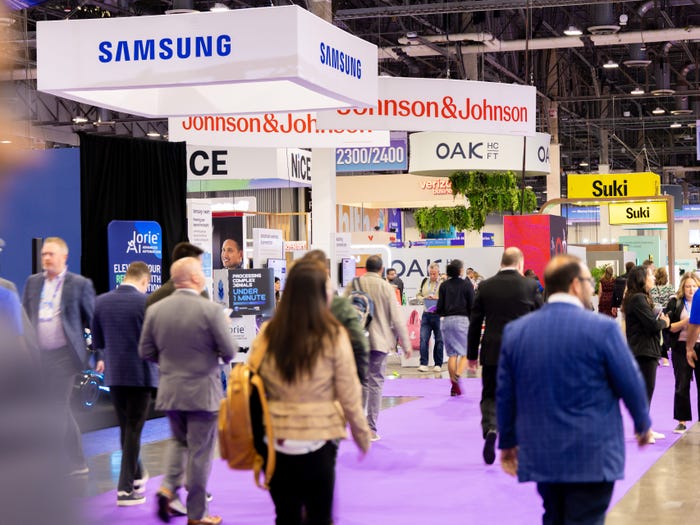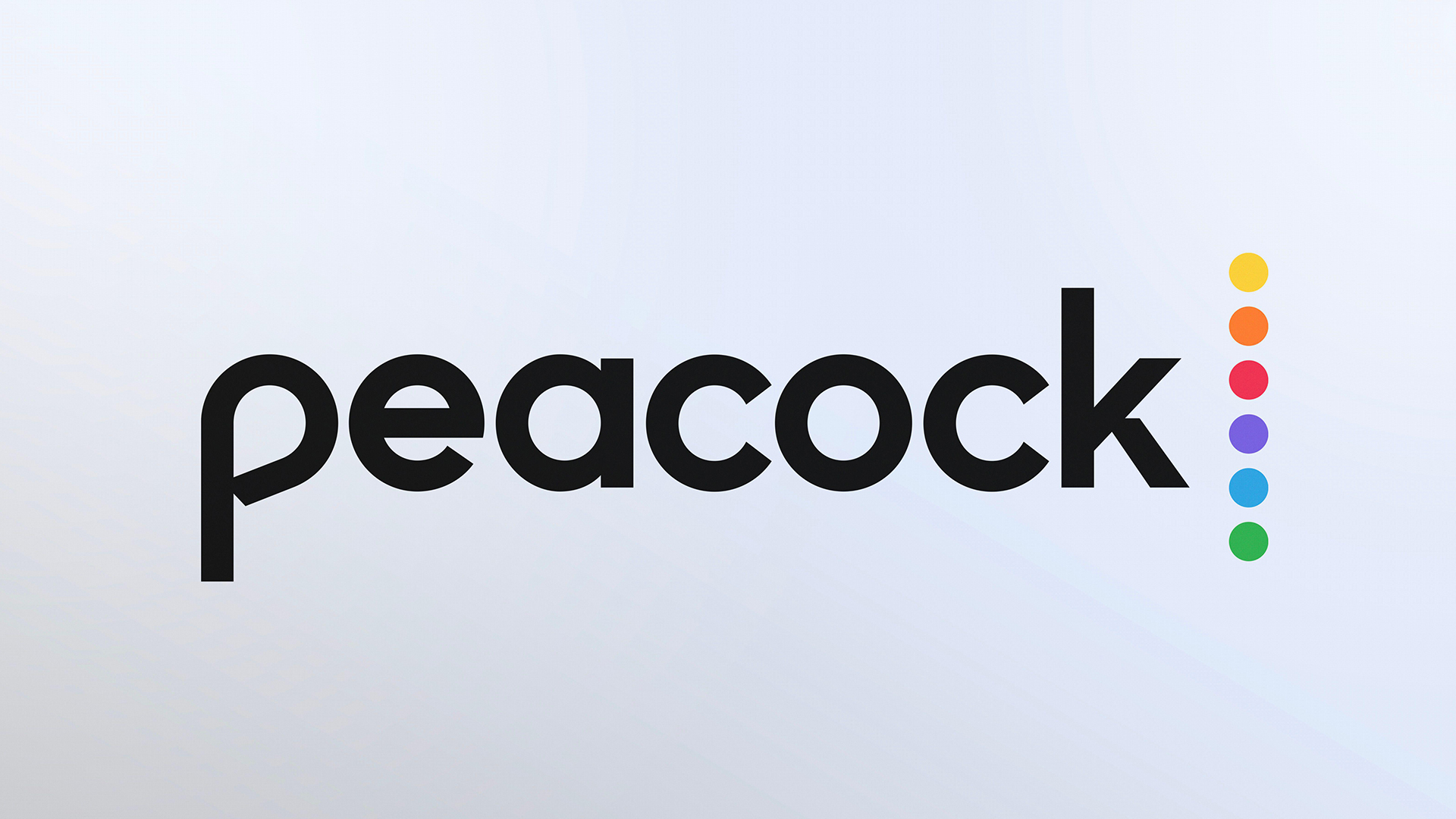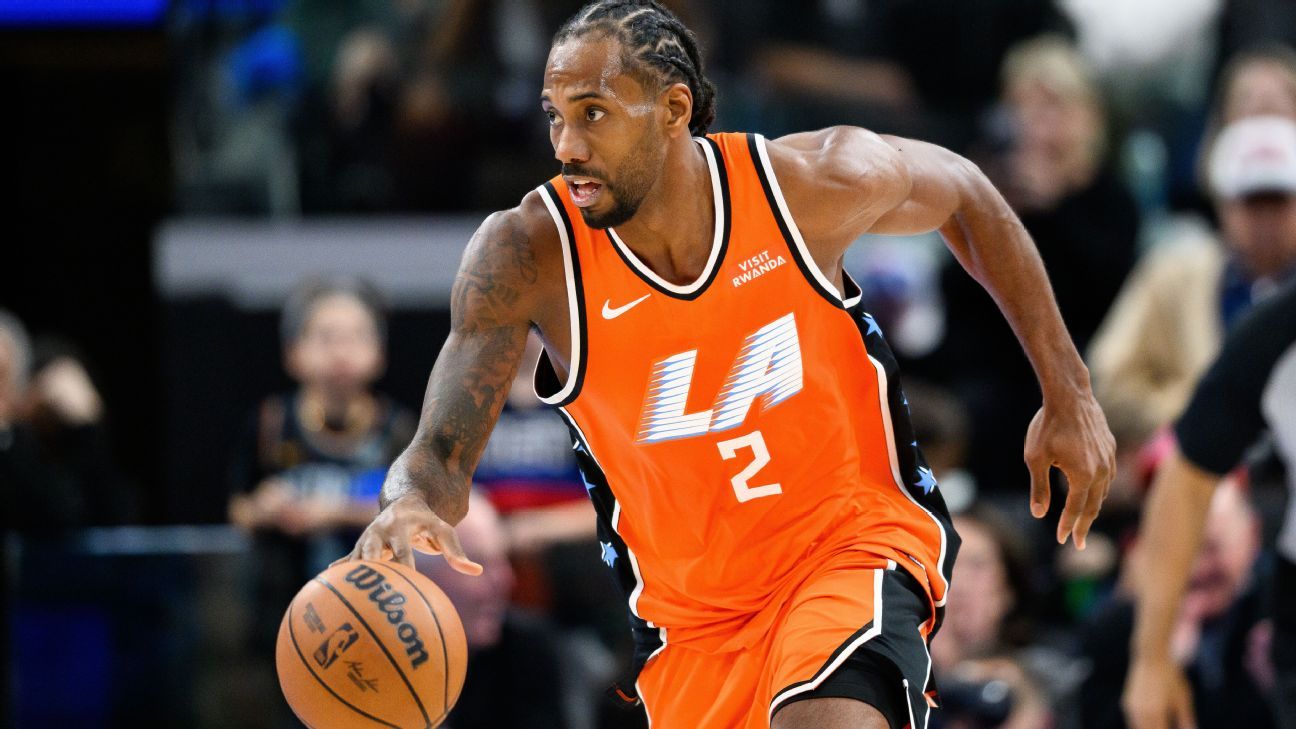UPDATE: The HLTH Conference 2025 in Las Vegas has become a battleground of AI innovation and anxiety, with healthcare leaders grappling with both excitement and concerns over an impending AI bubble. As nearly every exhibitor flaunted AI capabilities, industry insiders voiced fears about the sustainability of these rapid advancements.
Taking place from March 12 to March 15, 2025, the conference showcased AI startups like Jorie AI and Suki, alongside industry giants like Samsung and Johnson & Johnson. The overwhelming presence of AI technologies sparked discussions about the risks of over-saturation as healthcare executives expressed fatigue over the hype.
Investor enthusiasm surged with reports indicating that healthcare AI startups secured a staggering $6.4 billion in venture capital funding during the first half of 2025, with an astonishing 62% of that total directed towards AI innovations. Yet, the looming shadow of established competitors like Epic and newcomers like OpenAI has raised alarms among startup founders.
During a pivotal panel discussion on Tuesday, Nate Gross, OpenAI’s new healthcare lead, shared insights on the company’s future healthcare initiatives. Though specifics were scarce, the mere presence of OpenAI underscored its potential threat to traditional healthcare players, igniting anxiety among startups. “In my portfolio, people view OpenAI and Anthropic much more as a threat than Amazon or Microsoft,” stated Blake Wu, a partner at NEA.
The conference’s atmosphere was both glitzy and heavy with apprehension. Attendees commented on the repetitive nature of AI marketing claims across the show floor. “Everyone is framing themselves as the most generic, enterprise-wide agentic AI solution,” lamented a health system executive, requesting anonymity.
Despite the concerns, the event showcased significant funding milestones. Notably, OpenEvidence announced a remarkable $200 million funding round, propelling its valuation to $6 billion. Other startups, such as Hyro, also made headlines with $45 million in new investments.
Amidst the AI fervor, the conference featured an “AI Zone” and an “AI Theater,” both designed to highlight the latest innovations. However, some attendees found the abundance of similar offerings overwhelming. Healthcare executives admitted the challenge of differentiating between the myriad AI solutions presented.
The conference also spotlighted the integration of AI in biotech and pharma, with companies like GSK and Novartis actively embedding AI technologies within their operations. This shift has opened up new possibilities for rapid research advancements and improved clinical trial processes.
However, concerns over AI’s real-world application in healthcare persist. “You could have the best technology in the world, but if you don’t understand clinical processes, you won’t win in this space,” warned Mary Beth Navarra-Sirio, vice president at UPMC Enterprises.
As the conference wraps up, the discourse surrounding healthcare AI continues to evolve. With industry leaders emphasizing responsible AI development, initiatives like Spring Health‘s new benchmark for mental health chatbots and the American Heart Association’s predictive AI assessment lab are promising steps towards addressing the ethical implications of AI in healthcare.
The HLTH Conference 2025 revealed a landscape brimming with potential yet fraught with challenges. As the healthcare industry navigates this AI-infused future, stakeholders will need to strike a balance between innovation and responsibility to ensure sustainable growth.







